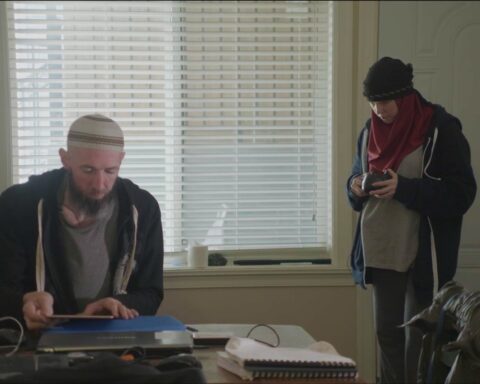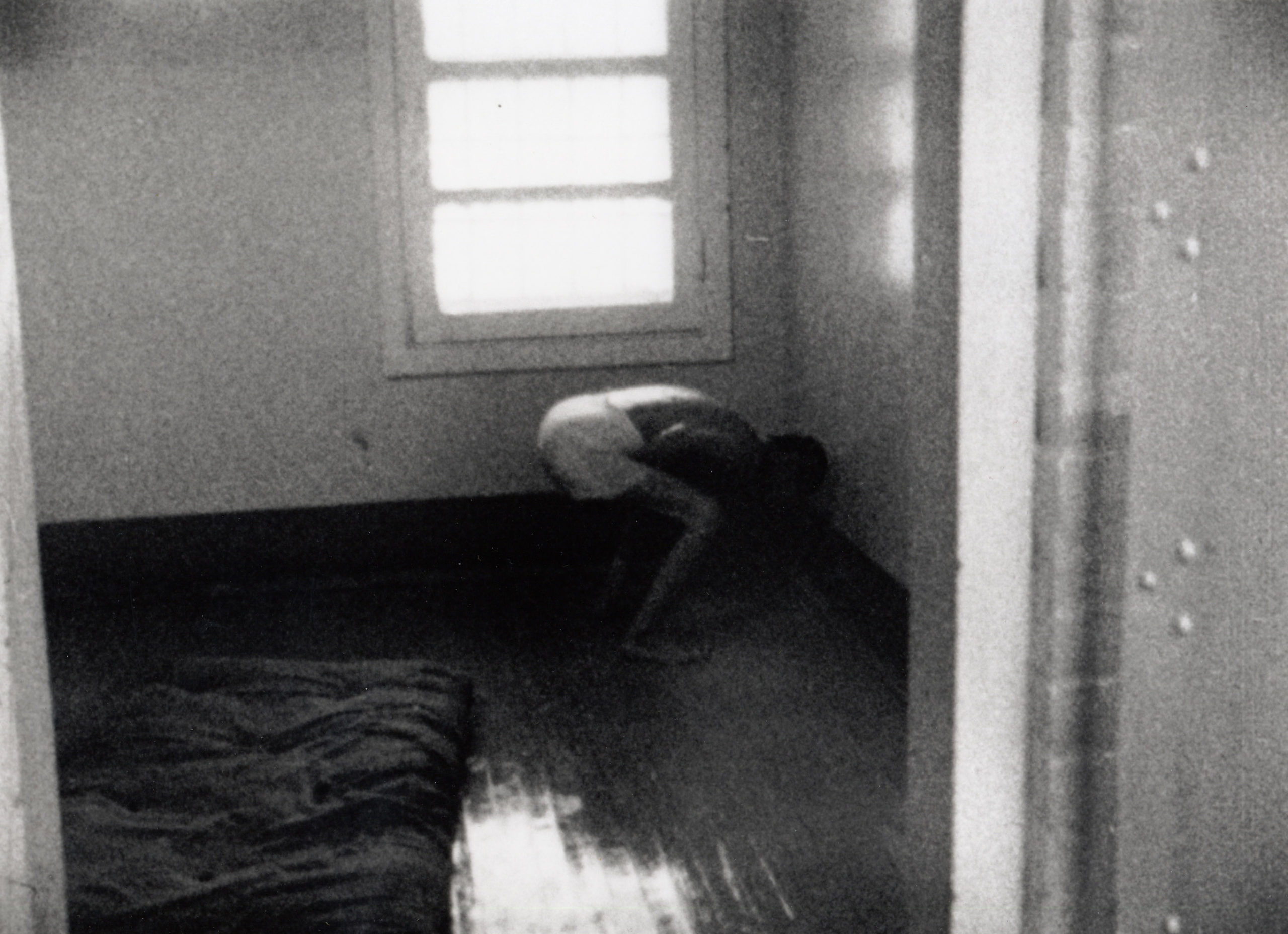Free Lunch Society
(Austria/Germany, 95 min.)
Dir. Christian Tod
With: Gotz Werner (billionaire), Charles Murray (Libertarian), Evelyn Forget (Canadian economist), Emmanuel Saez (French-American economist), Michael Bohmeyer (entrepreneur), Zepahania Kameeta (Namibian Minister), Marshall Brain (computer scientist and sci-fi author)
Christian Tod’s The Free Lunch Society begins in outer space, which is unique terrain for a documentary. In the 24th century, Patrick Stewart’s Captain Picard in Star Trek: The Next Generation explains to a visitor from our day that everyone in his century has a guaranteed income. “We no longer want to accumulate things,” he pontificates to the former billionaire, who finds it shocking to wake up in a society free of the kind of power that appeals to the upper crust today. How, he wonders, can a society prosper when everyone gets a “free lunch”?
Back in 1980, U.S. President Ronald Reagan famously denounced the idea that the government owed its citizens “a free lunch.” Like Mrs. Thatcher in England and his Irish-North American compatriot Brian Mulroney in Canada, Reagan didn’t want to give impoverished people support that might impair their drive to make something useful of themselves. “Useful” in this case meant “making money” because that’s the only thing that the triad of the early Eighties political leaders saw as being useful advice for those who were poor. Why help them if they can help themselves, went the argument.
It was the time when the “trickle down” economic theory was first put into practice. The idea, now being pursued by Trump, is that taxes on the rich should be reduced so they could have more money to spend on their businesses, which would inevitably help the working poor.
Many people opposed “trickle down” back in the early Eighties and can now demonstrate that, if anything, it created a “trickle up” approach, according to economist Emmanuel Saez. To him and his colleague Thomas Piketty, it’s obvious that the rich should accept a higher tax in order to distribute wealth more equitably. (Warren Buffet agrees.) What has happened is the creation of the 1%, the elite that governs society whether in Muslim, Christian, Hindu, Jewish or Buddhist countries. It’s not religion that truly guides them. It’s money.
Tod’s documentary wrestles with economic and political ideals. It’s an essay film, shot conventionally with lots of talking heads expressing opinions about a guaranteed annual income. The Free Lunch Society takes us from Picard’s 24th century to the 1960s when U.S. President Lyndon Johnson waged a “war on poverty” and Martin Luther King expanded his civil rights movement to lead demonstrations in favour of a guaranteed income for all people, including black or white or Indigenous.
It will be a shock to most viewers of Tod’s doc to find out that the far-right economist Milton Friedman and notorious President Richard Nixon were the key figures behind the proposal to have a “negative income tax” in the U.S., which would have given impoverished Americans supplementary payments instead of taxation. The man designated to administrate the tax was, of all people, the young Donald Rumsfeld. But this 1971 proposal died in the Senate, which had fiscal conservatives, who would eventually support Ronald Reagan, nearly a decade later.
Up here in Canada, the Federal Liberals under Pierre Trudeau and the Provincial NDP under Ed Schreyer created a guaranteed income experiment in Dauphin, Manitoba between 1974 and 1978. The results was never fully analyzed because the Progressive Conservatives took power in Manitoba in late 1977 and ended the idea less than a year later. Tod includes in the film Canadian economist Evelyn Forget, who is analyzing the data but, of course, any conclusions are subject to debate.
Swinging back from the past, Tod elicits a series of impressive contemporary figures who support the idea of a guaranteed income. German billionaire Gotz Werner, U.S. Libertarian philosopher Charles Murray, venture capitalist Albert Wenger, Swiss entrepreneur Daniel Hani and Namibian minister Zephania Kameeta are just some of the experts lined up by the director to make one point: that people shouldn’t have to work to live. All the progressive arguments are made—people aren’t lazy and will continue to work; economic “class” disparity is all about power and is reprehensible; there’s more than enough wealth to created some sort of equality; robots will replace us anyway.
As The Free Lunch Society concludes, we’re back in the 24th century. Picard is sure that he’s introduced the hidebound conservative from our day to a better world. Are we convinced?
The Free Lunch Society opens at Hot Docs Ted Rogers Cinema on Jan. 26.












